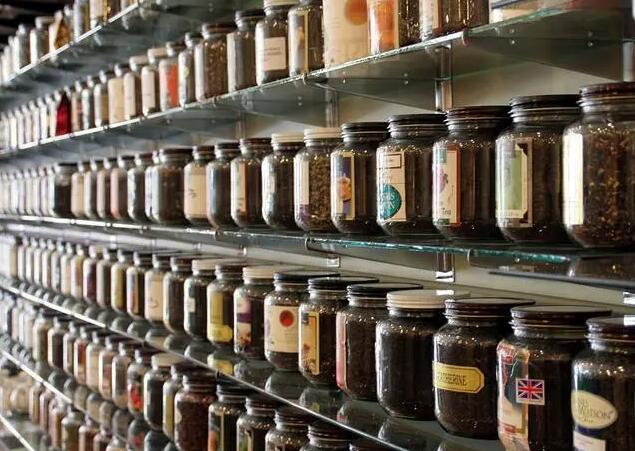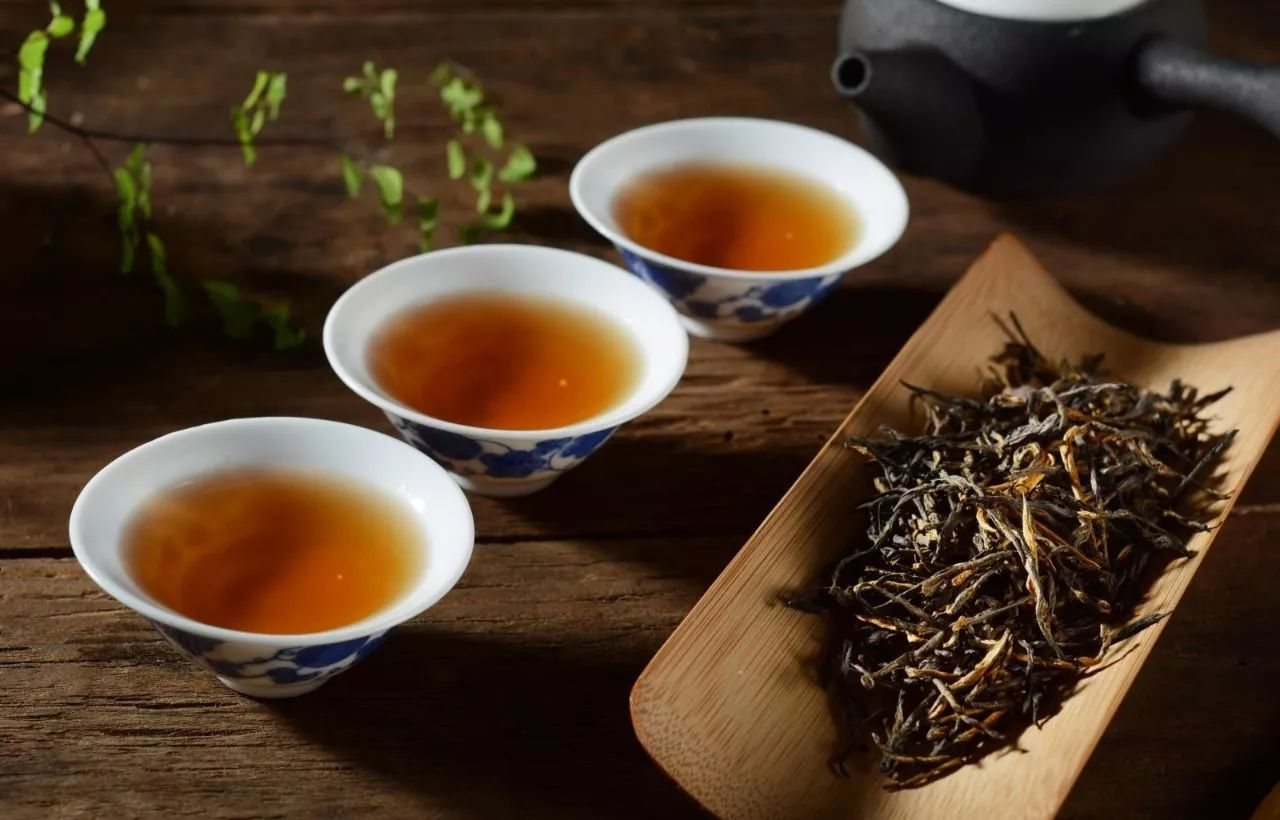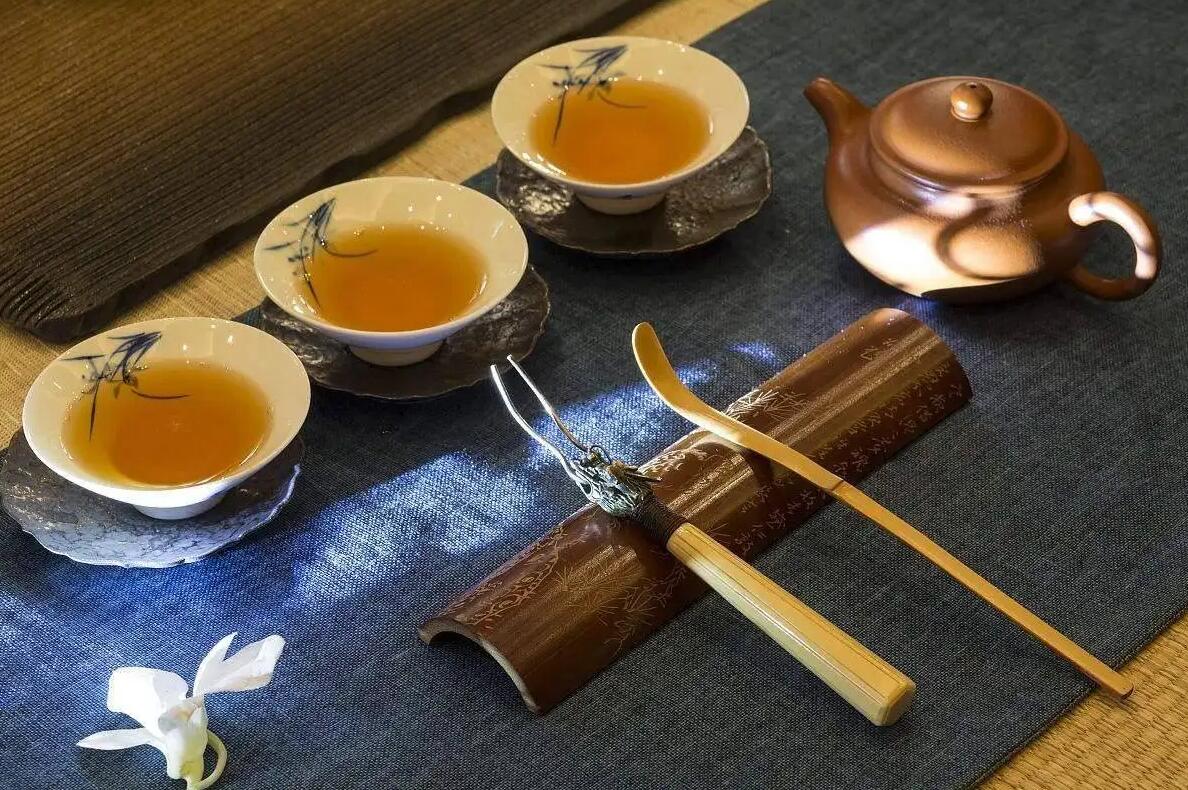The Taiwanese are proud of their wulong teas, and many of them travel long distances to buy zisha teapot and tea from their favorite mountain garden. However; there has been a discernible change in consumer habits. Although tea was previously an integral part of daily life - at home, at work and in public places - the younger generation, who view tea as an outdated and outmoded drink, are gravitating toward coffee and energy drinks. In the face of this change of attitude and the rise in popularity of coffee in large cities, the values associated with tea seem old-fashioned.
However, tea remains at the heart of a very important social ritual. In almost all Taiwanese households, it is customary to welcome visitors by offering them the best tea in the house. In addition, growers continue to make every effort to promote the popularity of tea, as they have done since the 1970s, by organizing many festivals and contests. These events also offer educational activities that promote socializing and teach participants the fundamentals of the gong fu cha ceremony. Tea parties, which are like large outdoor receptions, are just one of the activities organized in Taiwan to popularize tea culture. These events, which take place in parks or other large public spaces that are conducive to meditation, aim to bring together a large number of people around various themes connected to tea.
Moreover, tea-growing villages organize a lot of tasting events, and small teahouses serving local teas can be found everywhere, sometimes tucked away in unexpected places.
Taiwan is full of tea enthusiasts and well-informed connoisseurs who use the specific method of infusion known as gong fu cha to bring out the extraordinarily rich flavor of wulong teas.



